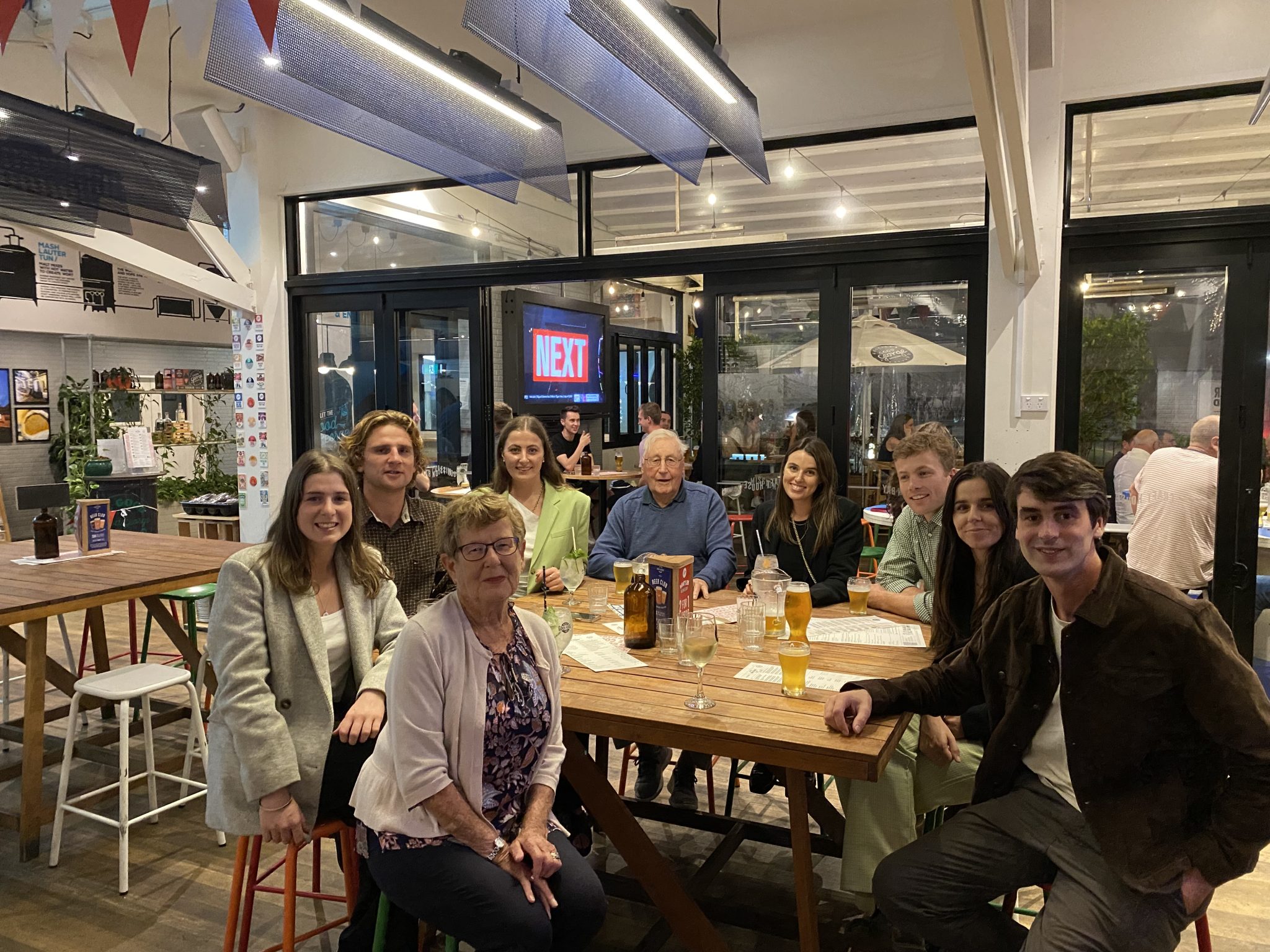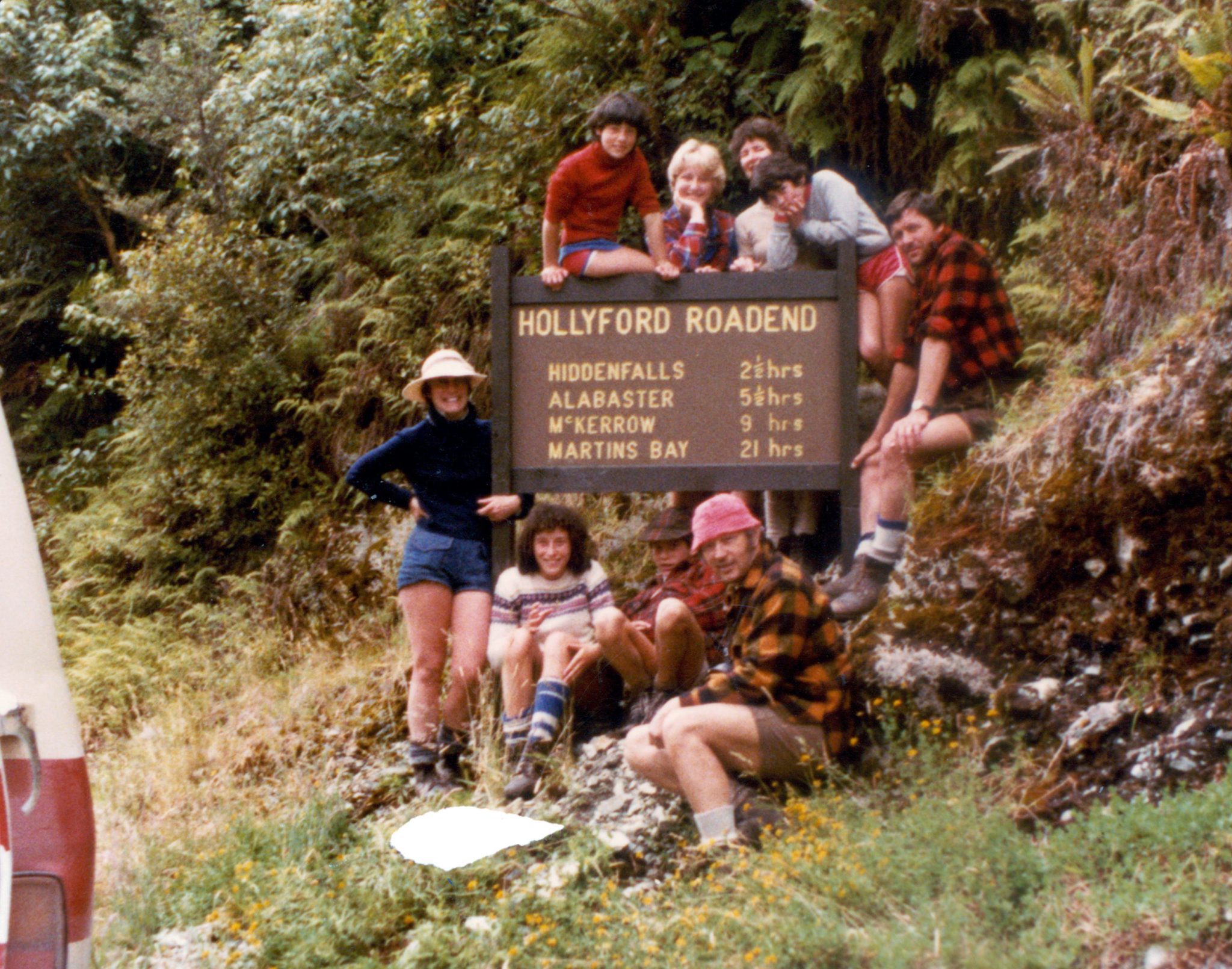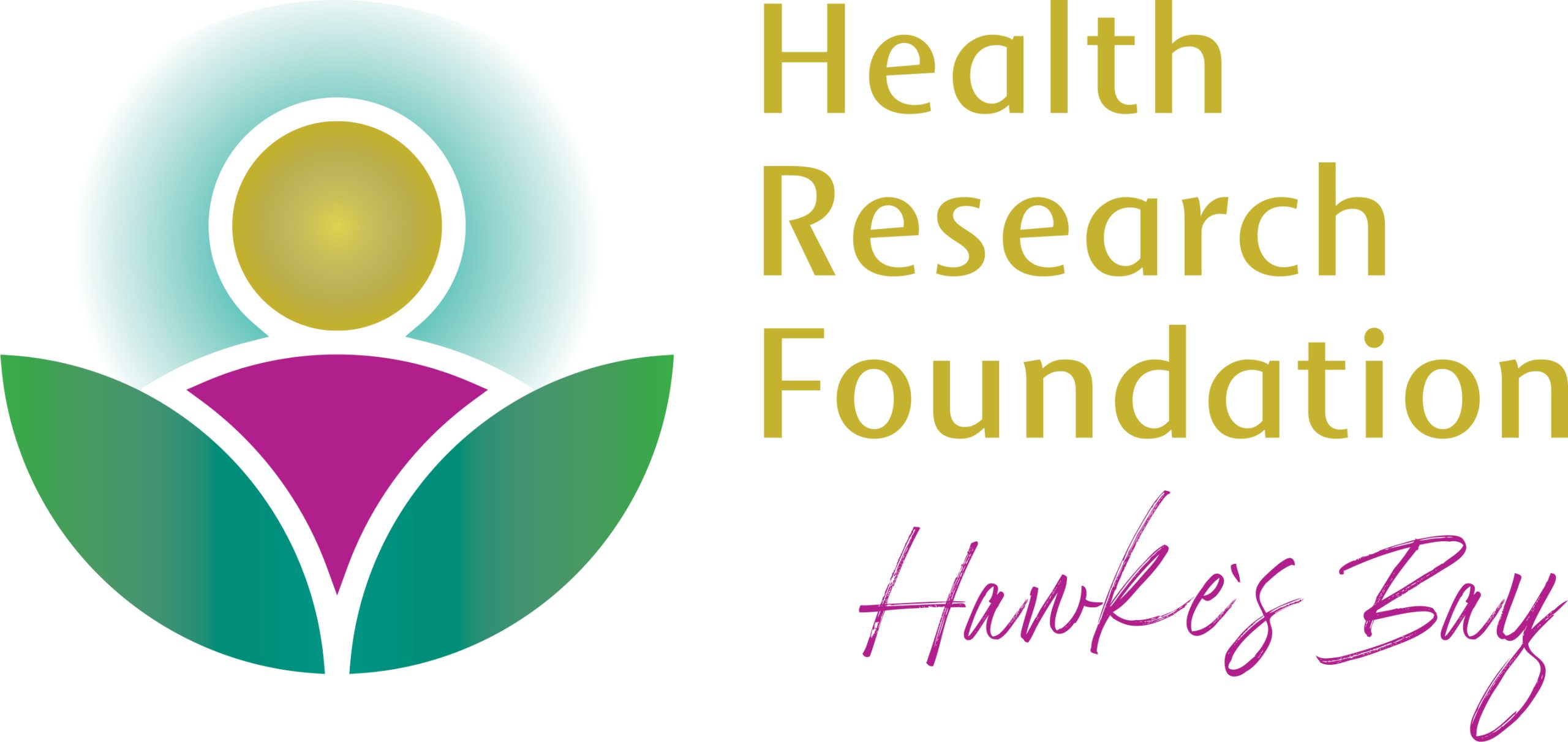When Di Petersen joined the Health Research Foundation – Hawke’s Bay in 1995, she was appointed by council to represent the Central Hawke’s Bay region within the committee. Little did she know that she would stay around for 27 years!
Looking back
‘Back then, we were amidst the SIDS research being carried out, as well as a huge research project we co-funded on diabetes. Both of these projects fill me with immense pride, as they made such a visible difference in the community as well as the entire country’, says Di. She feels that health research has since changed substantially, and rightly so. ‘Things have since become more scientific, and we have a greater diversity of health concerns to address. That is not because we have more health issues, but we have become much better at identifying them in the community.’
Today
Di is also pleased to see how the foundation has since established such a close relation with parties like EIT, as this has turned out to be a valuable source of young, eager researchers. As for health problems she currently considers significant in our community, she mentions drugs and family harm. ‘Such issues have further amplified with the aftermath of Covid, and cyclone Gabrielle. This has compounded to a lot of issues in communities such as Pōrangahau, where many houses were completely destroyed, unsettling the entire community culture.’ Di would love to see researchers go out to these communities to witness the dire situation first-hand, expecting it would feed into very valuable research matter.
Future
Now that Di has retired from the foundation, she has more time for other things. Besotted with her family, she indulges in regular talks to the grandchildren, who are all overseas (Greece, Montenegro Turkey…) – including via Snapchat. She and her husband love to travel and will most likely visit Thailand next year. They have been there before and can’t get enough. ‘The people there are just absolutely lovely, and the food is amazing’, she says with a smile, ‘We tramp up into the hills, stay in little villages… really off the beaten path.’ To the committee she has a motivational message too: ‘Keep going on the route that you’re on. Push yourselves to grow the foundation’s profile, I love seeing it more in the media and the public eye.’ To Di we say: ‘Thank you for 27 years of commitment and unwavering support, we will work hard to make you proud!’
Paediatrician David Barry joined the Health Research Foundation – Hawke’s Bay in 1993. He has since been proud to see (and sometimes co-conduct) research that changed lives in the community. Of course, children remain his passion - and we can’t blame him.
Looking back
Having graduated from Med School in 1963, David started working at Napier Hospital in ‘64 before he and his wife moved to London two years later. ‘I was offered a job as a Medical officer on a ship from Lyttleton to Southampton, which made the trip affordable to us. In London I trained to become a Paediatric specialist’, says David. When he came back to Hawke’s Bay 4.5 yrs. later, David was appointed to The Hawkes Bay Hospital Board as their first fulltime medical specialist. ‘Initially, it pretty much came down to senior clinicians in other fields having to care for sick children in hospital. We were behind when it came to the quality care that I had seen in the UK, and I have worked hard since to change that; including with my involvement with the foundation. I have seen some marvellous studies over the years, such as the ISAAC (The International Study of Asthma and Allergies in Childhood), where we studied thousands of children in Hawke’s Bay on asthma while educating them and their families simultaneously. The SIDS / cot death study was another huge one: researchers estimated that preventative measures arising from these studies saved the lives of 3,000 New Zealand children over the next decade. These studies changed so many lives.
Today
‘The tone of health research has definitely changed over the years, and for good reason,’ David feels ‘It is viewed now as much more than the medical spectrum only, and instead is regarded much wider – with the social dynamic playing a critical role in this, if you ask me. To be in good health, you essentially need to be born into a healthy environment, with decent housing, a healthy family situation… all of those things. These are often missing in less fortunate communities. The reality is that 15-20% of New Zealanders live below the poverty level; that is not something you’d expect from a wealthy country.’
Future
David and family would often tramp together when the kids were young. ‘I think the kids enjoyed it too, they didn’t really have a choice’, he says, laughing. ‘My tramping these days is confined to walking around Cornwall Park and surrounds. But I still use the same walking poles I used in the great tramps with the children all those years ago!’
What else he is up to? ‘Cleaning up my stuff!’, he says, ‘We have so much stuff everywhere, we are going through it bit by bit to decide whether we still need things or not. We even have a baby cot – don’t see us needing that anymore.’ To the committee, he has a positive message too: ‘I really enjoyed my time with the foundation. Now you all need to keep on going. It is really going in the right direction!’ Thank you, David, for your ongoing youthful spirit and many years of passionate support!


Di with her grandchildren, April 2022
David (red bucket hat) tramping with family and friends, January 1984
